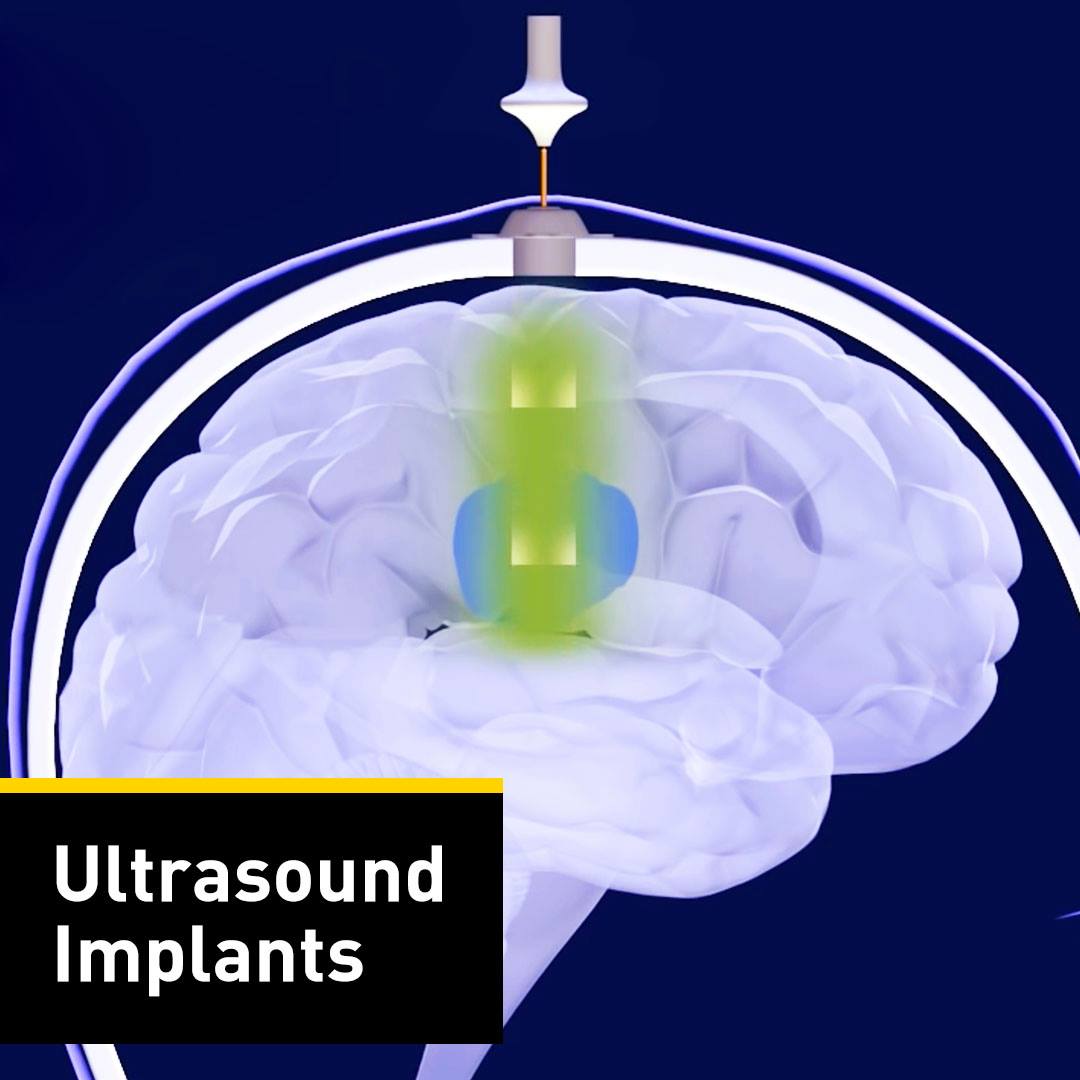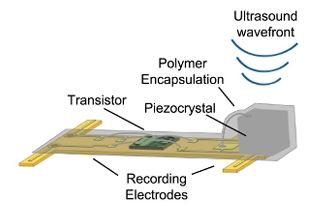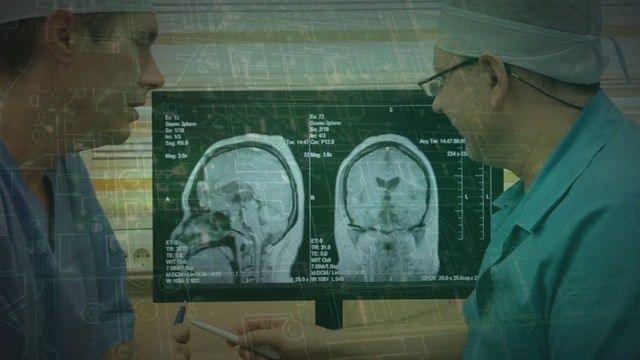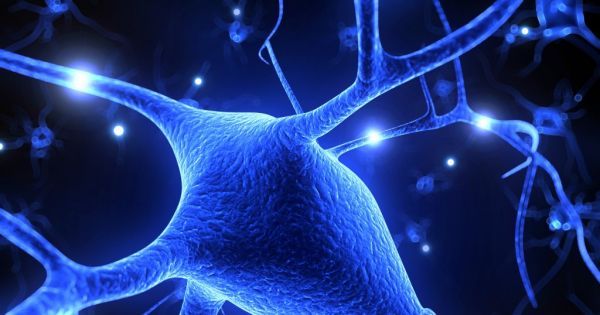Archive for the ‘neuroscience’ category: Page 944
Aug 16, 2016
IBM’s foray into Chinese healthcare sector
Posted by Karen Hurst in categories: biotech/medical, computing, neuroscience
Watson joins China’s research team.
China’s Hangzhou Cognitive Care has teamed up with IBM to bring Watson super computer to 21 hospitals in the country.
Singapore: In a bid to intensify its fight against cancer, China’s Hangzhou Cognitive Care has teamed up with IBM to bring Watson super computer to 21 hospitals in the country. The super computer is all set to play a crucial role in a new multi-year program being unveiled in China. This is IBM’s first partnership in China’s healthcare sector.
Continue reading “IBM’s foray into Chinese healthcare sector” »
Nice paper on Neural Circuit structures.
Plasticity between neural connections plays a key role in our ability to process and store information. One of the fundamental questions on plasticity, is the extent to which local processes, affecting individual synapses, are responsible for large scale structures of neural connectivity. Here we focus on two types of structures: synfire chains and self connected assemblies. These structures are often proposed as forms of neural connectivity that can support brain functions such as memory and generation of motor activity. We show that an important plasticity mechanism, spike timing dependent plasticity, can lead to autonomous emergence of these large scale structures in the brain: in contrast to previous theoretical proposals, we show that the emergence can occur autonomously even if instructive signals are not fed into the neural network while its form is shaped by synaptic plasticity.
Citation: Ravid Tannenbaum N, Burak Y (2016) Shaping Neural Circuits by High Order Synaptic Interactions. PLoS Comput Biol 12: e1005056. doi:10.1371/journal.pcbi.1005056
Aug 16, 2016
New Tiny Implantable Devices Are Powered by Ultrasound
Posted by Karen Hurst in categories: computing, neuroscience
Researchers have developed a wireless device small enough to be implanted in individual nerves, and capable of detecting the electrical activity of nerves and muscles deep within the body, according to DARPA, which funded the work.
The millimeter-scale sensor and external ultrasonic transceiver that powers the implant and communicates with it is called a “neural dust” system. The team, led by the University of California, Berkeley’s Department of Electrical Engineering and Computer Sciences, completed the first in vivo tests of this technology in rodents and reported them in the journal Neuron.
The sensor can be implanted into either a nerve or muscle, and consists of a piezoelectric crystal, a single custom transistor, and a pair of recording electrodes. The system reported both electroneurogram (ENG) recordings from the sciatic nerve and electromyographic (EMG) recordings from the gastrocnemius muscle, according to the journal article.
Continue reading “New Tiny Implantable Devices Are Powered by Ultrasound” »
Aug 15, 2016
Electro convulsive therapy aims to help those suffering with mental illness
Posted by Karen Hurst in categories: biotech/medical, neuroscience
Doctors have come a long way from the old-fashioned electric shock therapy. Today’s electro-neural reset devices can help with PTSD, depression, and multiple movement disorders.
Aug 15, 2016
Normal radial migration and lamination are maintained in dyslexia-susceptibility candidate gene homolog Kiaa0319 knockout mice
Posted by Karen Hurst in categories: biotech/medical, genetics, neuroscience
Abstract.
Developmental dyslexia is a common disorder with a strong genetic component, but the underlying molecular mechanisms are still unknown. Several candidate dyslexia-susceptibility genes, including KIAA0319, DYX1C1, and DCDC2, have been identified in humans. RNA interference experiments targeting these genes in rat embryos have shown impairments in neuronal migration, suggesting that defects in radial cortical migration could be involved in the disease mechanism of dyslexia. Here we present the first characterisation of a Kiaa0319 knockout mouse line. Animals lacking KIAA0319 protein do not show anatomical abnormalities in any of the layered structures of the brain. Neurogenesis and radial migration of cortical projection neurons are not altered, and the intrinsic electrophysiological properties of Kiaa0319 -deficient neurons do not differ from those of wild-type neurons. Kiaa0319 overexpression in cortex delays radial migration, but does not affect final neuronal position. However, knockout animals show subtle differences suggesting possible alterations in anxiety-related behaviour and in sensorimotor gating. Our results do not reveal a migration disorder in the mouse model, adding to the body of evidence available for Dcdc2 and Dyx1c1 that, unlike in the rat in utero knockdown models, the dyslexia-susceptibility candidate mouse homolog genes do not play an evident role in neuronal migration. However, KIAA0319 protein expression seems to be restricted to the brain, not only in early developmental stages but also in adult mice, indicative of a role of this protein in brain function. The constitutive and conditional knockout lines reported here will be useful tools for further functional analyses of Kiaa0319.
Aug 15, 2016
Engineers Create The First Dust-Sized Wireless Sensors That Can Be Implanted Into The Human Body
Posted by Shailesh Prasad in categories: biotech/medical, neuroscience
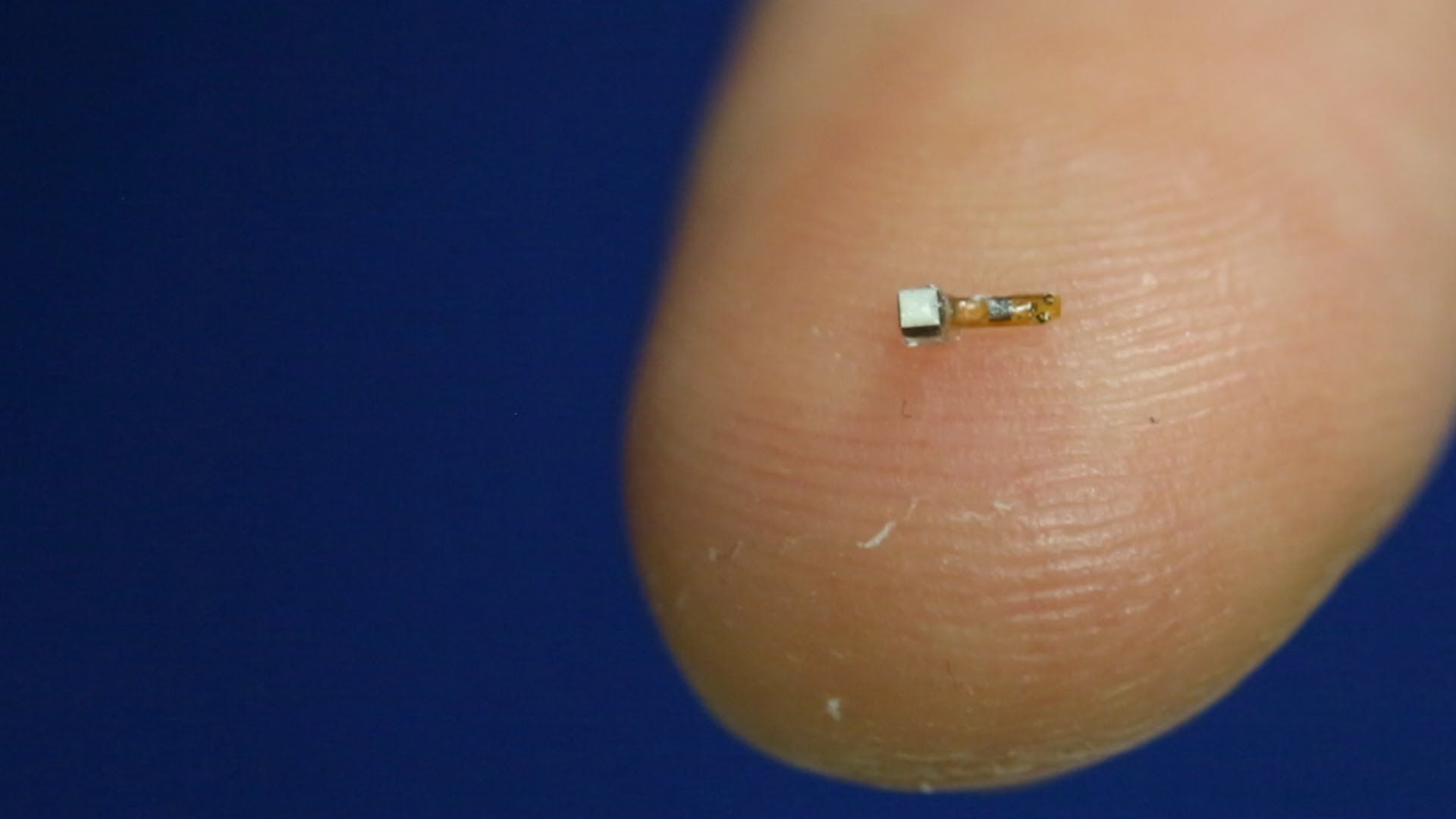
Engineers at the University of California, Berkeley have created the very first dust-sized wireless sensors that may be implanted within the body. This is bringing technology closer to the day that technologies such as the Fitbit will be able to monitor internal nerves, muscles and organs all in real time.
These devices do not require batteries and may also be able to stimulate nerves and muscles opening up doors for electroceuticals to treat disorders including epilepsy and stimulate the immune system or lower inflammation.
Aug 15, 2016
No More Pills? Tiny Nerve-Zapping Implants to Fight Disease
Posted by Shailesh Prasad in categories: biotech/medical, neuroscience
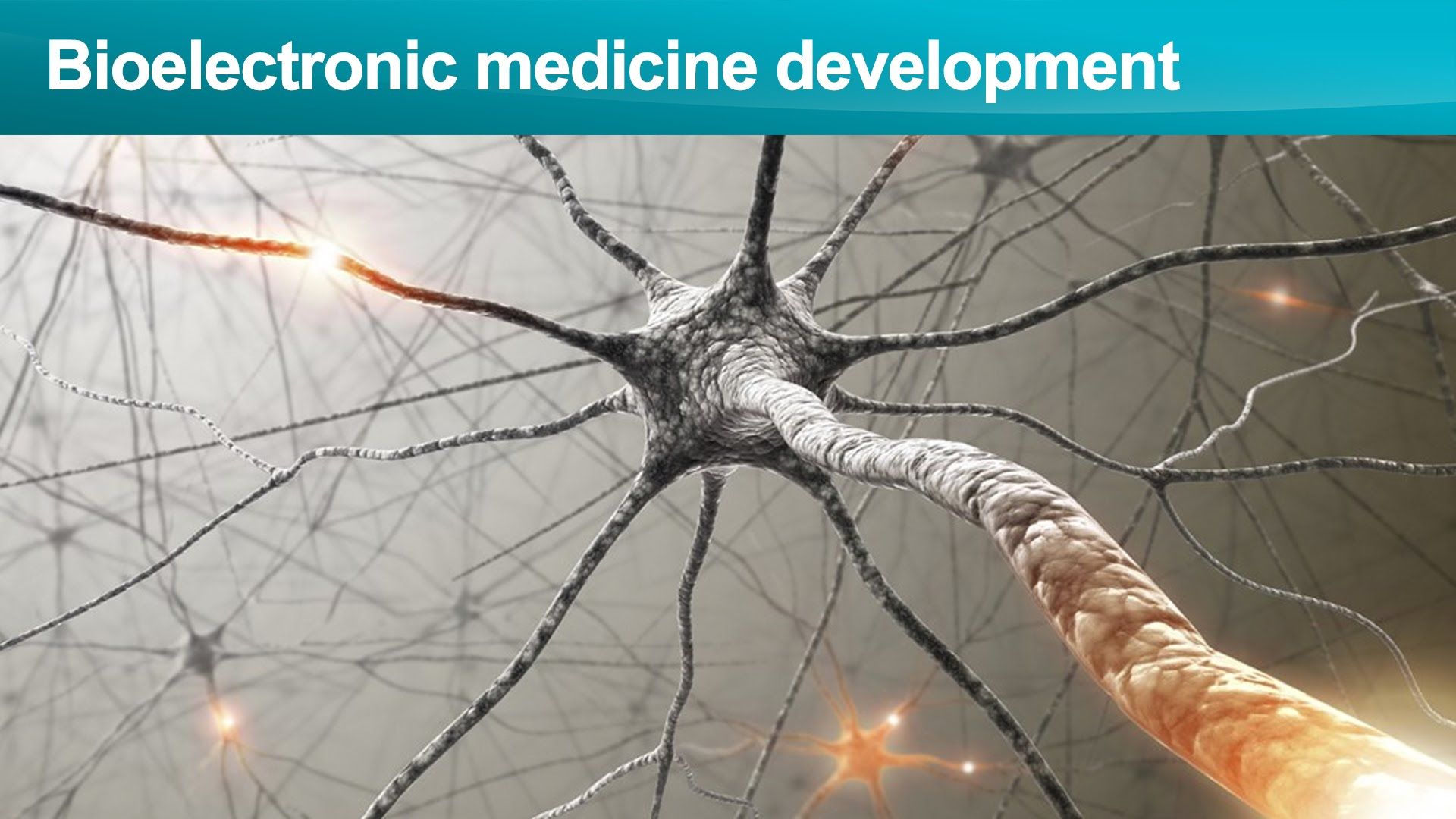
Imagine a future where we can treat diabetes or autoimmune disorders with an electrical zap delivered by a device no larger than a speck of dust.
The device, implanted through microsurgery, sits silently on a single nerve bundle, monitoring electrical signals sent out by the brain to itself and various organs in the body.
Continue reading “No More Pills? Tiny Nerve-Zapping Implants to Fight Disease” »
Aug 15, 2016
Anti-inflammatory drug reverses memory loss in Alzheimer’s-disease-model mice
Posted by Sean Brazell in categories: bioengineering, biotech/medical, genetics, life extension, neuroscience
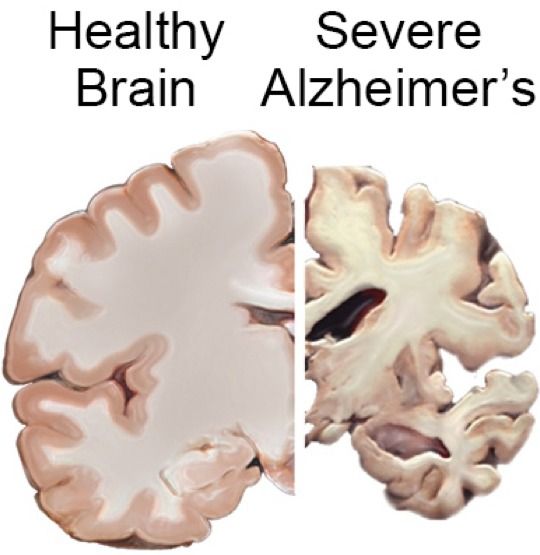
Anti-inflammatory drug mefenamic acid completely reversed memory loss and brain inflammation in mice genetically engineered to develop symptoms of Alzheimer’s disease and amyloid beta-induced memory loss, a team led by David Brough, PhD, from the University of Manchester has discovered.
The non-steroidal anti-inflammatory drug (NSAID) drug targets an important inflammatory pathway called the NLRP3 inflammasome, which damages brain cells, according to Brough. This is the first time a drug has been shown to target this inflammatory pathway, highlighting its importance in the disease model, Brough said.
Continue reading “Anti-inflammatory drug reverses memory loss in Alzheimer’s-disease-model mice” »
Aug 15, 2016
Stroke Survivor Walks Again After Doctors Inject Stem Cells Directly into Brain
Posted by Shailesh Prasad in categories: biotech/medical, neuroscience
A surgical procedure that involves drilling holes and injecting stem cells into stroke patients’ brains seems to have contributed to a wheelchair-bound stroke patient regaining the ability to walk. Despite the major recovery exhibited by patients, further study must be made to investigate the true impact.
Researchers from Stanford University were “stunned” at the positive results they obtained after injecting stem cells directly into stroke patients’ brains. The discovery has created a talking point in the neuroscience community, causing researchers to re-visit and re-evaluate the notion that brain damage is permanent and irreversible.
Surgical Procedure
Continue reading “Stroke Survivor Walks Again After Doctors Inject Stem Cells Directly into Brain” »
